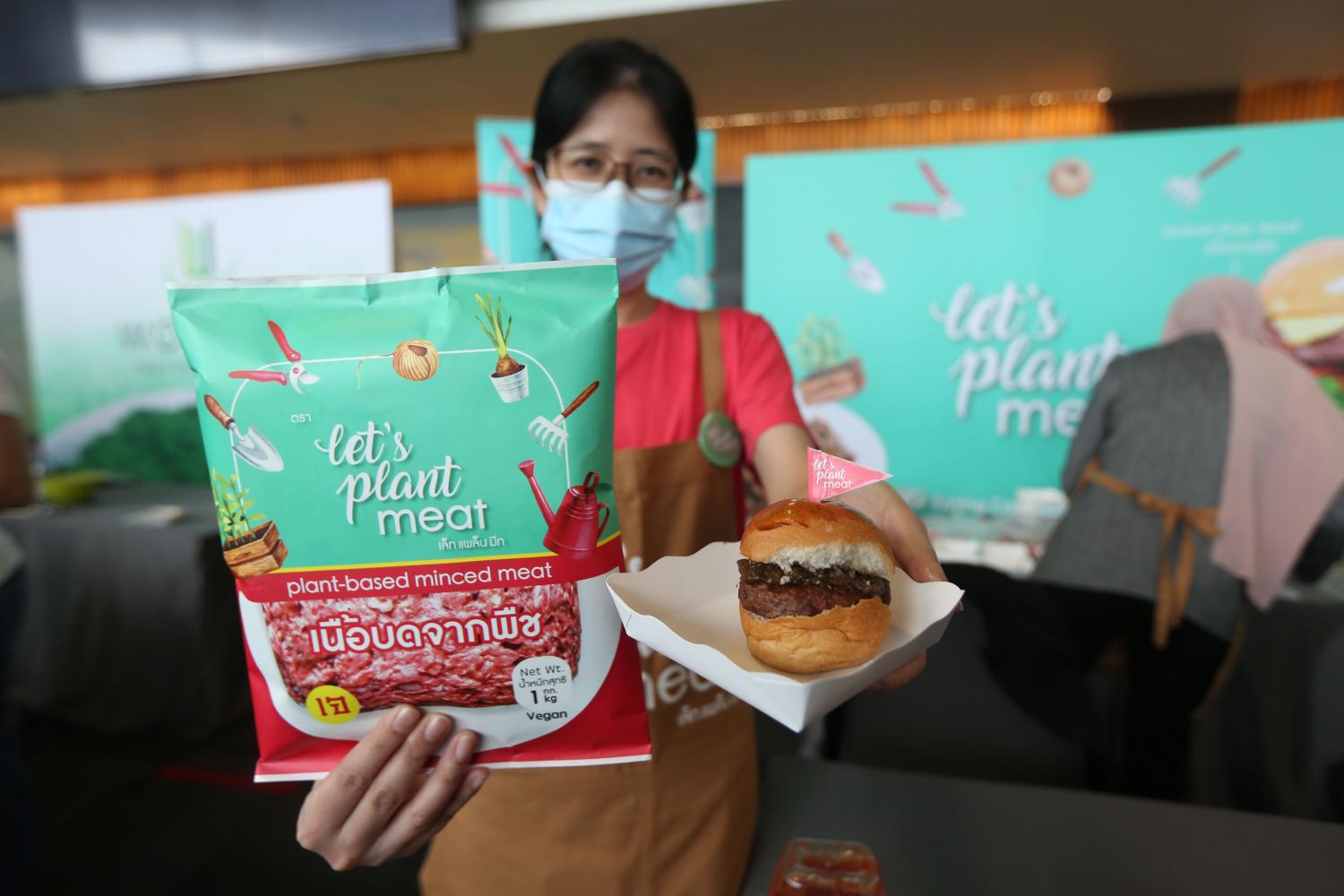
It comes as no surprise that the challenges and hardships faced by Thai farmers were among the key themes during the recent 50-minute policy statements delivered by Prime Minister and Minister of Finance Srettha Thavisin to the parliament. These challenges have plagued Thailand for generations, and it is high time we seek innovative solutions to address them.
For this, we must expand our vision beyond traditional horizons. Rather than viewing the agriculture sector and Thai farmers as chronically ill and only in need of short-term support, we should envision this nation's backbone sector as a vital asset propelling Thailand into a new economic era. Once hailed as the "Detroit of Asia", we're now catching up with the EV revolution. Just as transport and energy must decarbonise, the world is on the verge of a major food transformation. We cannot afford to miss this opportunity. The plant protein revolution, including alternative proteins, can pave the way for Thailand to proudly position itself as the "Kitchen of the World" for future food, leveraging its culinary excellence, bio-resources, local expertise, processing capabilities and cutting-edge technology.
To start, it's a relief to see the government acknowledging the pressing challenges posed by climate change and, emphasising the roles of innovation, sustainable development, rural investment and reaffirming Thailand's steadfast commitment to carbon neutrality.
To achieve the Paris Agreement's goal of limiting global warming to 1.5 degrees Celsius, every nation must do its part. Transitioning to sustainable energy and transport systems is crucial, but it's not enough. Even with these changes, many countries will fall short of meeting their climate targets unless they revolutionise the way protein is sourced and produced. As the sole net food exporter in Asia, Thailand stands at the intersection of climate change and food production. This nexus could hold the key to the nation's future progress.
Globally, livestock production contributes to approximately 20% of all greenhouse gas emissions. It drives deforestation, water pollution, air pollution, and raises concerns about animal welfare and, very significantly, public health. Shockingly, livestock occupies 80% of farmland but provides less than 20% of the world's calories. The inefficiency is staggering, with nine calories of crops required to produce just one calorie of consumable animal flesh from a chicken, leading to an 800% waste at every meal.
In short, our overreliance on animal meat for protein is unsustainable. The world must and will need to rebalance towards more plant-based and alternative protein sources to ensure a viable future. Within Asean, Singapore has already invested heavily and strategically in food technology, together with accommodating innovative startups. Thailand, with its landmass, skilled labour force, co-manufacturing infrastructure and advantageous geographic location, possesses a comparative advantage. It can leverage its know-how as the world's fourth-largest chicken exporter to become the epicentre of Asia's sustainable protein.
To harness its potential, what Thailand needs is the right mix of clear public policies and investment schemes to stimulate growth in the vegetal and alternative protein sector. This includes investment in high-protein plants R&D, support in shifting crop production and processing, database and standard development, effective incentive for innovation, efficient market strategies and nurturing startups and fostering both collaborations and healthy competition.
Consumer awareness raising is vital. With over 70 million people, the domestic market can serve as a springboard for Thai products to compete globally. The recent Food Frontier report ranks Thailand among the top five most favourable Asian markets for plant-based meat, following China, Singapore, South Korea and Japan. Notably, 38% of Thai consumers are willing to reduce meat consumption (flexitarian), and they rank second among all surveyed markets in their openness to novel food consumption.
Without the above rapid and deliberate interventions, Thailand is unlikely to achieve the necessary transformation. Even under the best-case scenario with key mitigation measures in place, Thailand's food industry will not contribute to the Paris climate goal as well as achieve protein security unless it rapidly decarbonises its protein sector. The latest report from Asia Research & Engagement reveals that on top of the immediate halting of industrial meat expansion and eliminating supply chain deforestation by 2030, increasing vegetable and alternative proteins to at least 30% of protein volume by 2060 is imperative.
While it's a necessity for climate mitigation, alternative proteins will play a pivotal role in helping Thailand escape the middle-income trap and catalysing much-needed agricultural makeover. Besides exporting end products, the country can, at the same time, become a key producer of functional ingredients for alternative proteins, benefiting both exporters and small-scale rural producers as they transition from traditional cash crops to higher-margin protein plants and add value through upstream processing.
Thailand stands at a juncture where it can redefine its future by being at the forefront of sustainable protein transformation. By prioritising knowledge and innovation, fostering partnerships and engaging with its consumers, the kingdom can not only address its agricultural challenges to ensure a decent living for farmers but also make a significant contribution to combating climate change and securing a habitable planet for future generations.
Jacques-Chai Chomthongdi is Southeast Asia Director of Madre Brava, a science-based advocacy organisation working to bring the food system in line with the 1.5C climate target.